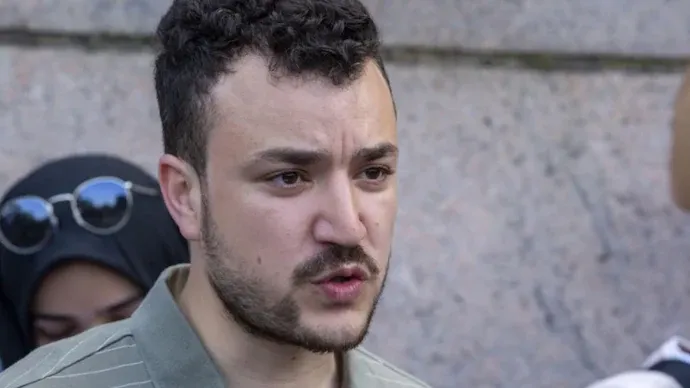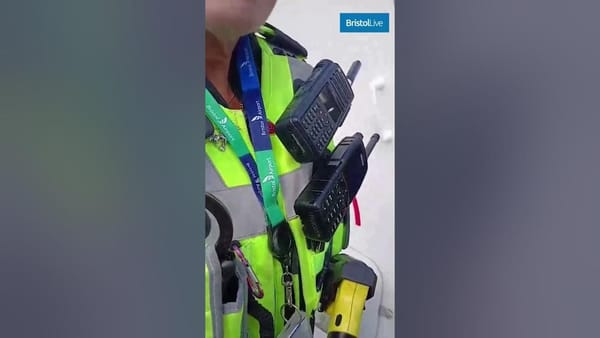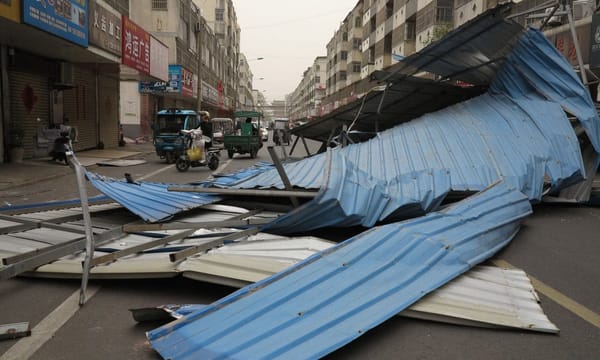Student facing deportation for attending campus protests despite committing no crime

Free speech advocates are sounding the alarm after a judge's ruling that could forever change who gets to stay in America—and why they can be removed.
In a decision that has sent shockwaves through immigrant communities and constitutional law experts alike, a US immigration judge has ruled that Columbia University graduate Mahmoud Khalil can be deported from the United States despite never having been charged with a crime.

The ruling, which came down Friday, determined that the government can deport Khalil—a permanent legal resident—solely for his participation in pro-Palestinian protests at Columbia University last year.
What makes this case particularly chilling is the government's open admission that Khalil broke no laws. Instead, they relied on a Cold War-era immigration statute allowing deportation of anyone whose presence could have "adverse foreign policy consequences" for the United States.
"This is exactly why the Trump administration sent me to this court, 1,000 miles away from my family," Khalil told the judge after hearing the ruling that could end his life in America.

The American Civil Liberties Union described the decision as "pre-written," noting it came less than 48 hours after the government provided its "evidence"—which consisted primarily of a letter from Secretary of State Marco Rubio acknowledging Khalil had committed no crime but was being targeted solely based on his speech.
While some officials celebrated the ruling, legal experts are raising serious concerns about its implications for all immigrants in America.
"If speaking out about a controversial political issue is now grounds for deportation, we've entered extremely dangerous territory," said constitutional law professor Elena Michaels. "This isn't just about one student or one protest—it's about whether non-citizens have any free speech rights at all."

Khalil's case represents a dramatic expansion of government deportation power. Previously, permanent residents could generally only be removed for criminal convictions or immigration fraud. Now, it appears political speech alone may be sufficient grounds.
The government has separately alleged that Khalil committed immigration fraud by failing to disclose work history with the British embassy and a UN agency for Palestinian refugees, though they presented no new evidence to support these claims during the hearing.
Khalil's legal team has vowed to appeal the ruling and has filed a separate federal lawsuit challenging his arrest as unconstitutional. They maintain that their client is neither antisemitic nor anti-American, but was simply exercising the same speech rights that citizens take for granted.
"Mahmoud is not against the United States, he is not antisemitic," his attorney Johnny Sinodis told reporters. "He has done nothing wrong."
For the thousands of permanent residents and visa holders watching this case unfold, the message is becoming clear: in the current climate, their right to remain in America may depend not just on following laws, but on keeping their political opinions to themselves.




